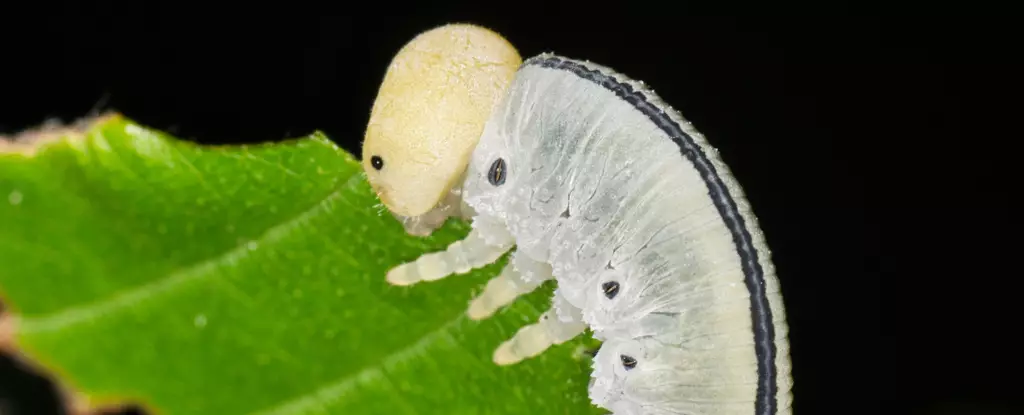Artificial lighting in urban areas is having a significant impact on plants and insect populations, according to a recent study conducted by researchers from the Chinese Academy of Sciences. The study found that lighting up our nightscapes can make plants tougher to chew on, leading to a decrease in insect herbivory. This phenomenon could potentially be contributing to the worldwide decline in insects and have cascading effects on entire ecosystems.
Study Design and Findings
The research team collected almost 5,500 leaves from two common tree species in Beijing, growing along major roads that were constantly illuminated. They measured light levels at each tree site and compared them to various leaf features, including toughness, water content, chemical defenses, nutrients, and signs of insect damage. The study revealed that artificial light at night led to increased leaf toughness and decreased levels of insect herbivory. In simpler terms, the tougher the leaf, the less damage it had from insects. This suggests that plants are investing energy derived from streetlights into building greater defenses against their insect predators.
The decrease in herbivory caused by artificial light can lead to a trophic cascade, ultimately disrupting nutrient cycling in ecosystems. Leaves with higher toughness decompose slower, affecting the flow of nutrients through different levels of the ecosystem. The study also showed changes in the types of nutrients in plant leaves depending on light levels and tree species, highlighting the complex and multifaceted impact of artificial lighting on plant-insect interactions.
While the study provides valuable insights into the relationship between artificial light, plant toughness, and insect populations, the researchers caution against generalizing the findings on broader scales. Further research is needed to understand how other variables, such as pollution, contribute to this phenomenon. Additionally, the study only focused on chewing insects, neglecting the impacts of other types of herbivorous insects with more subtle behaviors.
The decline of insects observed globally in recent decades is a cause for concern, and the role of artificial light in exacerbating this trend should not be overlooked. The study underscores the importance of considering the ecological impacts of light pollution and highlights the need for more research to fully understand the complex interactions between plants, insects, and artificial lighting. As we continue to illuminate more of the planet’s surface, it is crucial to address the unintended consequences of artificial light on our natural ecosystems.


Leave a Reply